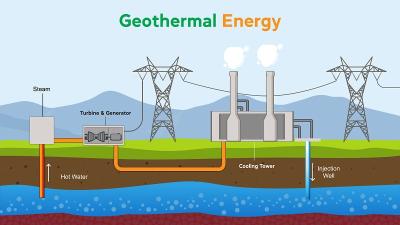Triumphs Turn to Shame in New Zealand guilt transfer politics
Jostling foreign financiers queue to fund industrial solar utilities in New Zealand and to secure the key governmental consents to implement them.
Amnesia settles over the country about what happens when infrastructure is gleefully put in the hands of foreigners.
New Zealand’s rail network is the most recent example.
Officialdom saw the sale as the pathway to immense foreign investment.
The opposite happened.
After a honeymoon period devoted to adorning the rail network with carefully arranged localised publicity packaging the investment went in the opposite direction.
The new foreign owners sent the money back to themselves.
A number of years went by for this to become evident.
Only when the share price of the New Zealandised rail operator collapsed did the extent of the prolonged absence of investment become obvious notably in the state of the permanent way.
The excitement now surrounding the foreign controlled solar power utilities introduces also the unstated problem of them being planned for dairy farms.
Dairy is New Zealand’s biggest export product category.
Similarly they are planned for tourist destinations.
Tourism is New Zealand’s biggest foreign exchange earning sector.
The unstated value of these projects is the value of the consents to build them, and the value of these consents as tradeable financial instruments.
These solar utilities require equipment the size of industrial buildings.
It is no coincidence that the solar power installations enjoy a life span compared to the trees in the forestry schemes that they are increasingly replacing.
This is 30 years.
The difference is that at the effluxion of this time the trees are scheduled to be harvested, while nobody has yet specified what will be done with the heavy Chinese-manufactured machinery strewn over the dairy pastures.
The solar rush has much to do with the uncertainty penetrating the once unchallengeable forestry schemes.
The forest fires that destroyed so much forestry in the north west of the United States just recently also devoured immense swathes of countervailing sequestration rights for the industrialists.
Locally the onslaught of cyclone Gabrielle demonstrated the fragility of pine forestry in the face of the severity of weather that the afforestation policies were supposed to avert.
Industrialists and their financiers scour countries such as New Zealand looking for convenient and highly accessible land which can be quickly converted into solar industrial utilities.
There is too the search for impressionable administrations prone to the visionary style of politics found in New Zealand.
Here the level of meek compliant conformity is manifested for example in shame even in the nation’s successful and enduring pioneering implementation of geothermal (see diagram) power, the last century’s pre-eminent contribution everywhere to alternative electrical generation.
It is never mentioned.
The reason is that the multilaterals which have so successfully dictated New Zealand farming and energy operations refuse to classify it as a renewable.
An institutionalised search for collective guilt takes increasingly curious forms.
One was the Labour government’s deliberately burying the fact that New Zealand was topping the world renewables charts by generating 93 percent. True, the lakes were full.
Any trumpeting though would have conveyed quite the wrong impression which is one of complacency to the government’s real masters in the northern hemisphere.
They are high profile diplomats, actually public servants, that the government sincerely believed held the future of New Zealand in their hands.
The Labour government also hushed up its own triumph achieved in July this year which was the signing in Brussels of its EU Free Trade Agreement.
The reason?
The major export to be sent to Europe under the free trade agreement is dairy.
The need for high value dairy pasture to fill this market competes and conflicts with the demand for this same land for the solar utilities so beloved by the same foreign diplomats.

